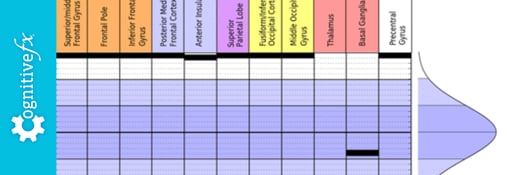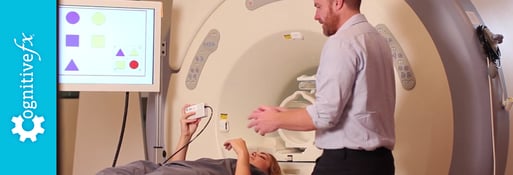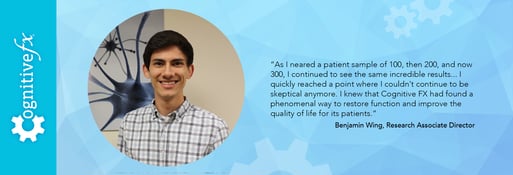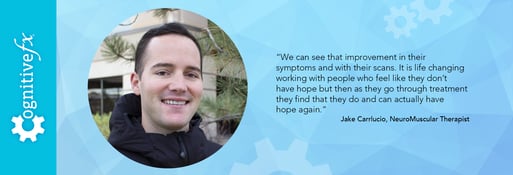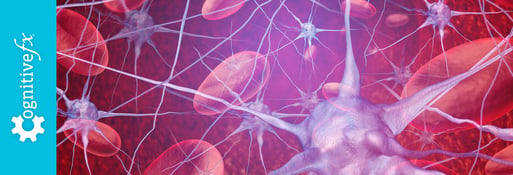Any good scientist knows that in every good data set there must be a way to look at the data objectively and subjectively. Without both types of data, it can be hard to have a full picture and understanding of what is being studied.
What Does Objective Measurement Mean?
Objective measurement is something that is measured consistently. For example, measuring how well someone can perform a set number of tasks in a controlled environment. There are no other factors that can alter the data gathered with this measurement.
In the medical world, this could be repetition in tasks like a blood test or how many inches you can stretch. It could also include how many steps you take each day, or timing how fast someone can put a puzzle together. Objective data is not influenced by opinion or perspectives of others.
Gathering objective data requires that each participant go through the same set of tasks. This will give you more reliable and consistent data. fNCI, our foundational brain scan technology, provides this type of task based, objective measurement and gives our clinic the ability to look at how the brain is really functioning. You can learn more about fNCI here.
What Does Subject Measurement Mean?
Subjective measurement is how scientists measure what people say. It is very important that we listen to our patients and get feedback on their experience here. This can include using a survey to answer open ended questions, ranking an experience based on feelings, and more. Subjective data is important but can be challenging to comprehend without full context of an experience.
At our clinic, we use a standardized daily self-report on symptoms called the Post-Concussion Symptom Scale (PCSS). Each patient rates their symptoms on a scale of 1-6 based on that day or another time frame. These daily reports are an important measurement during treatment.
We use these to help make sure our team is on track and focusing on each patient’s needs during treatment.
The Connection Between Subjective and Objective Measurements
Both measurements are key to reaching our goal and influence our approach to treatment. We want you to feel better, and we use both types of measurements to check recovery levels.
The objective brain scan helps us know how each brain region is actually functioning. The subjective self report helps us know if there are more things that may be contributing to symptoms not related to the brain function.
We do see a correlation between objective and subject measurements in much of our research. On average, our patients improve on their brain scan by around 78%. On their self report, the average improvement is around 68%. This varies depending on each person’s experience, helping us recognize the value of both measurements.
Without the use of both types of measures it would be impossible to create individual treatment protocols that empower individuals to recover their brain function.
To learn more about our research please find a list of previous publications here.




